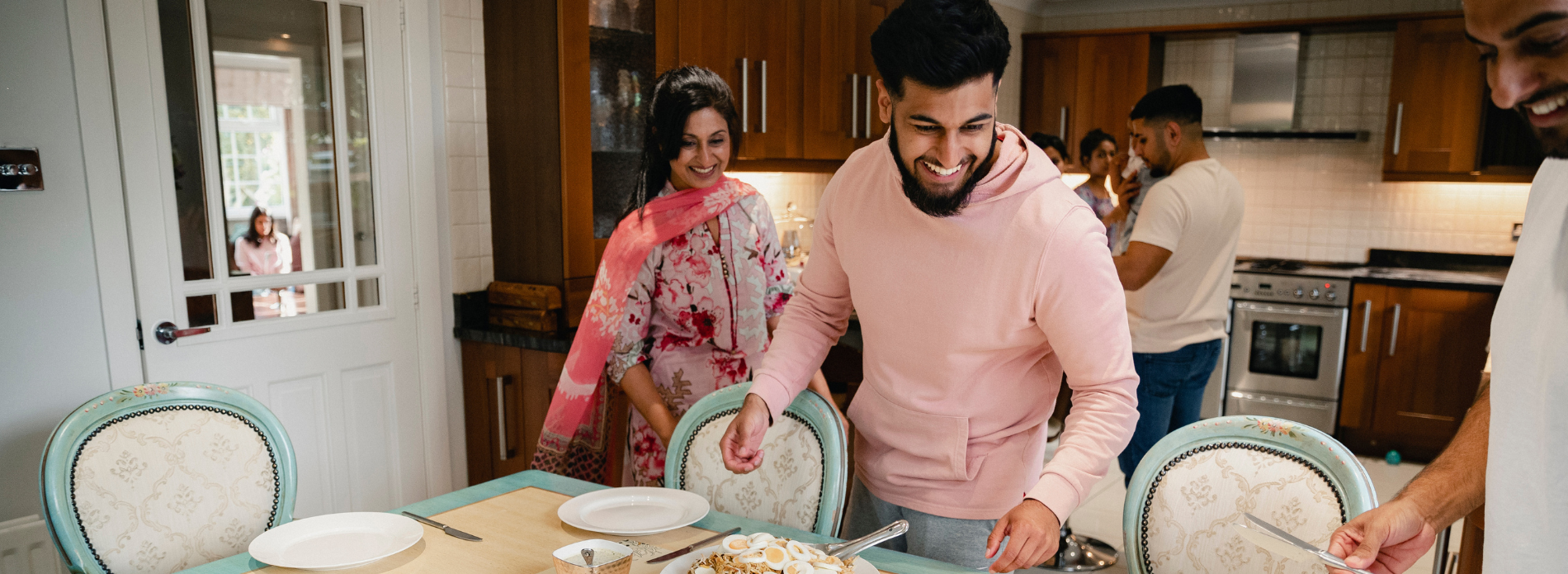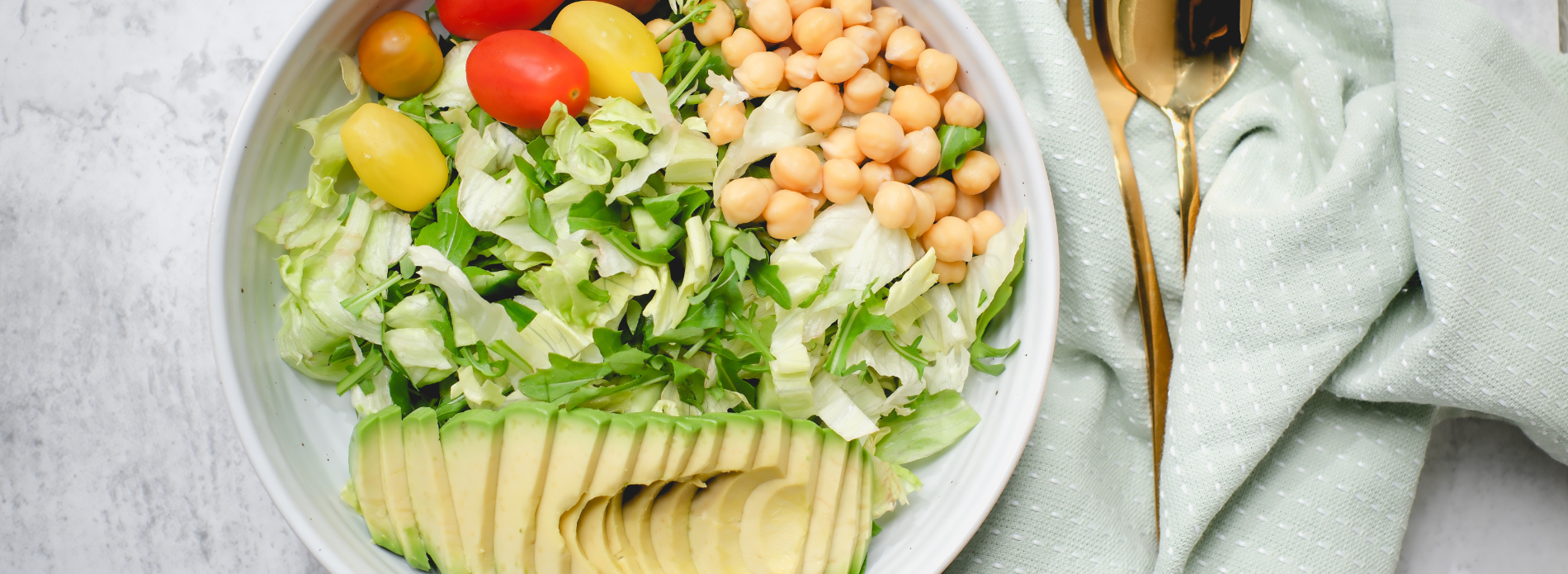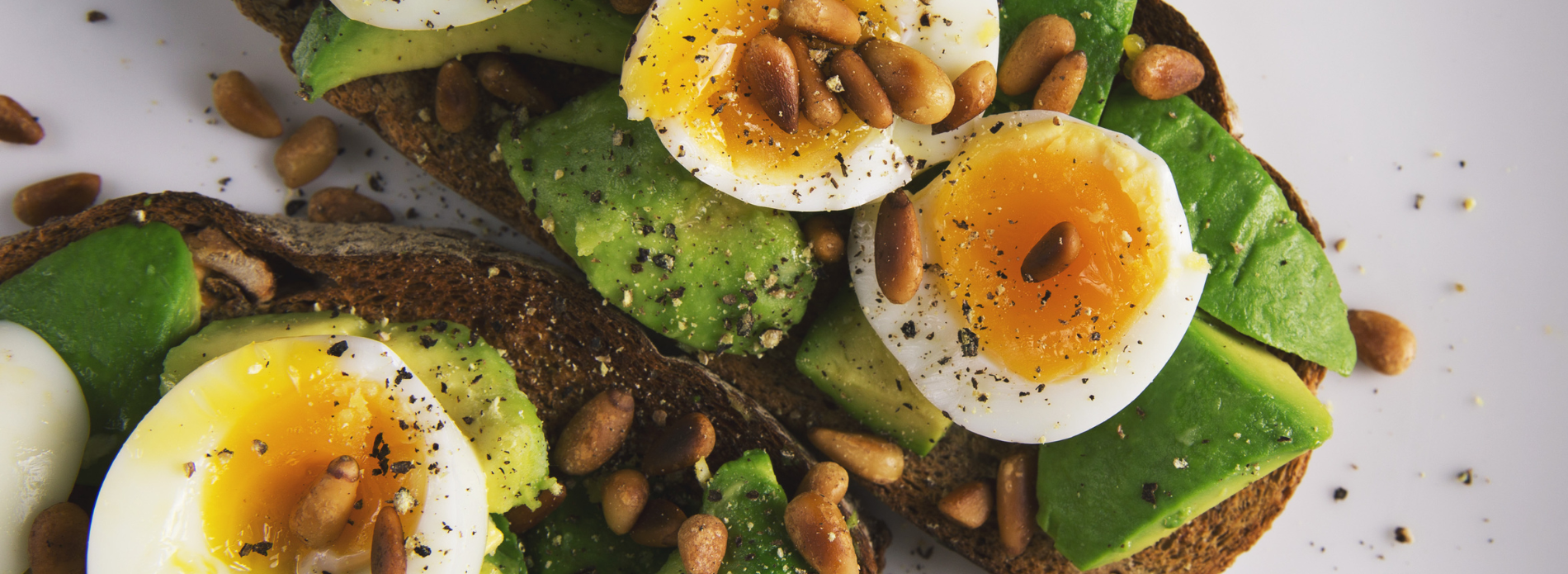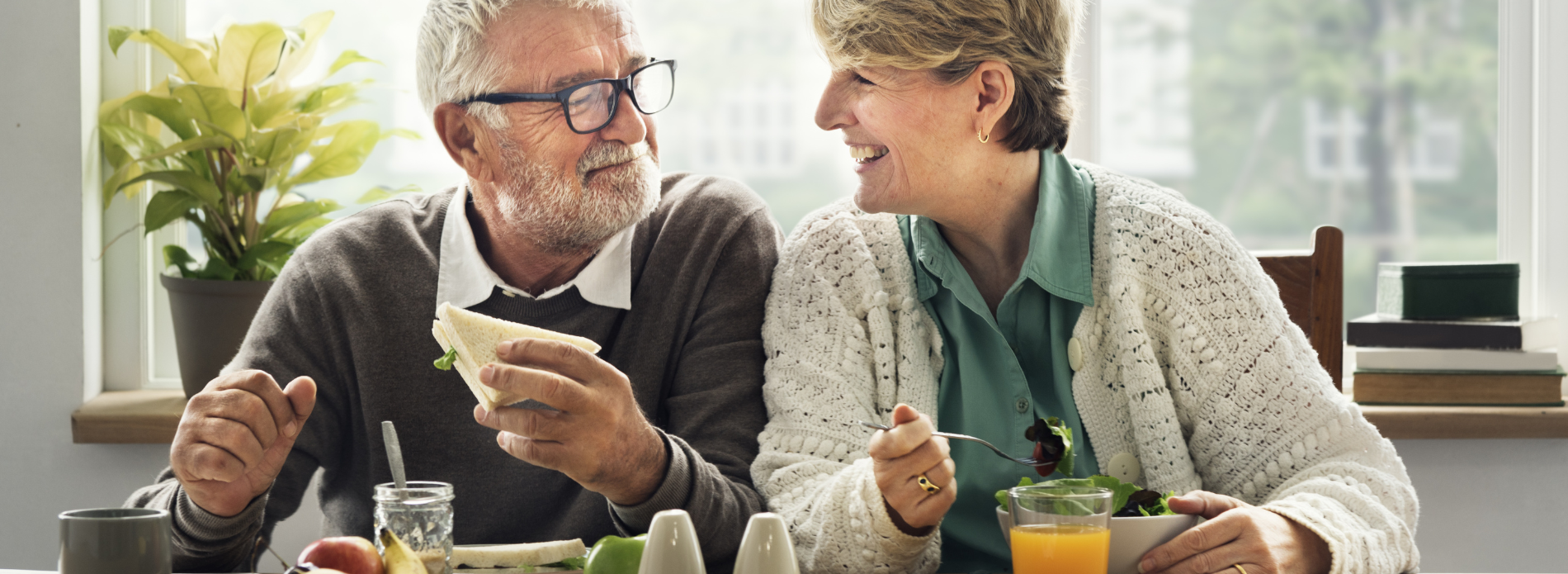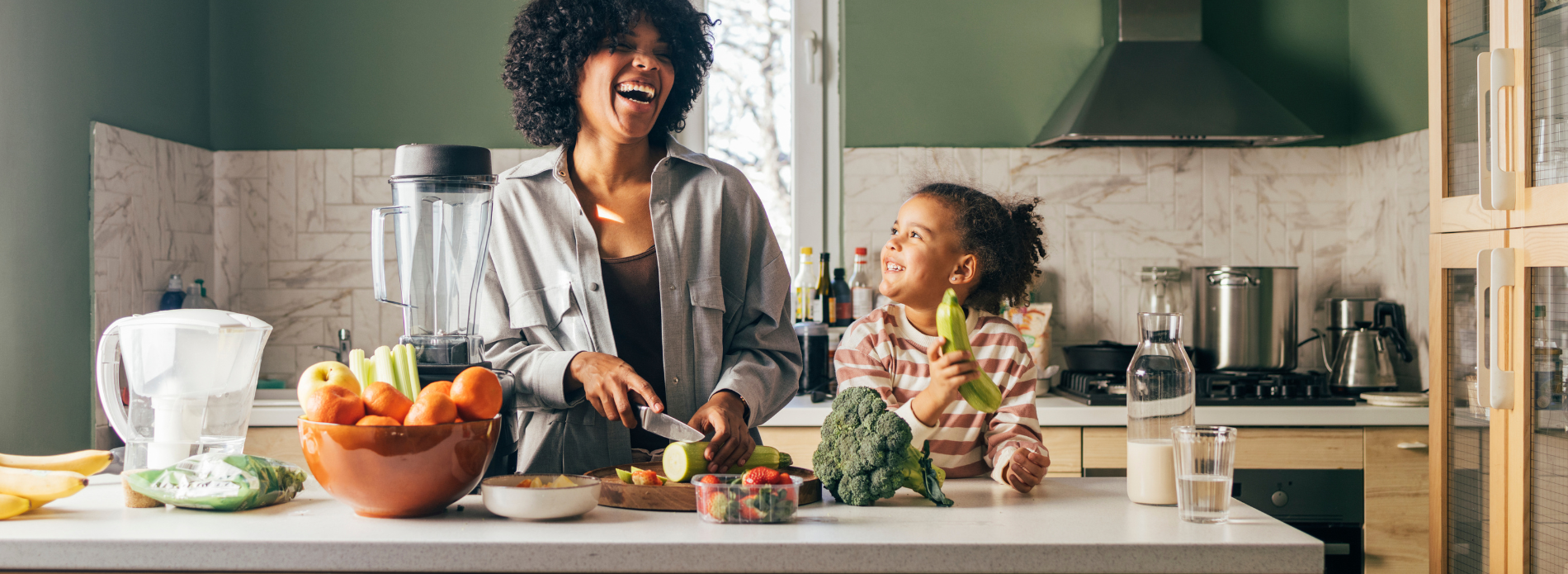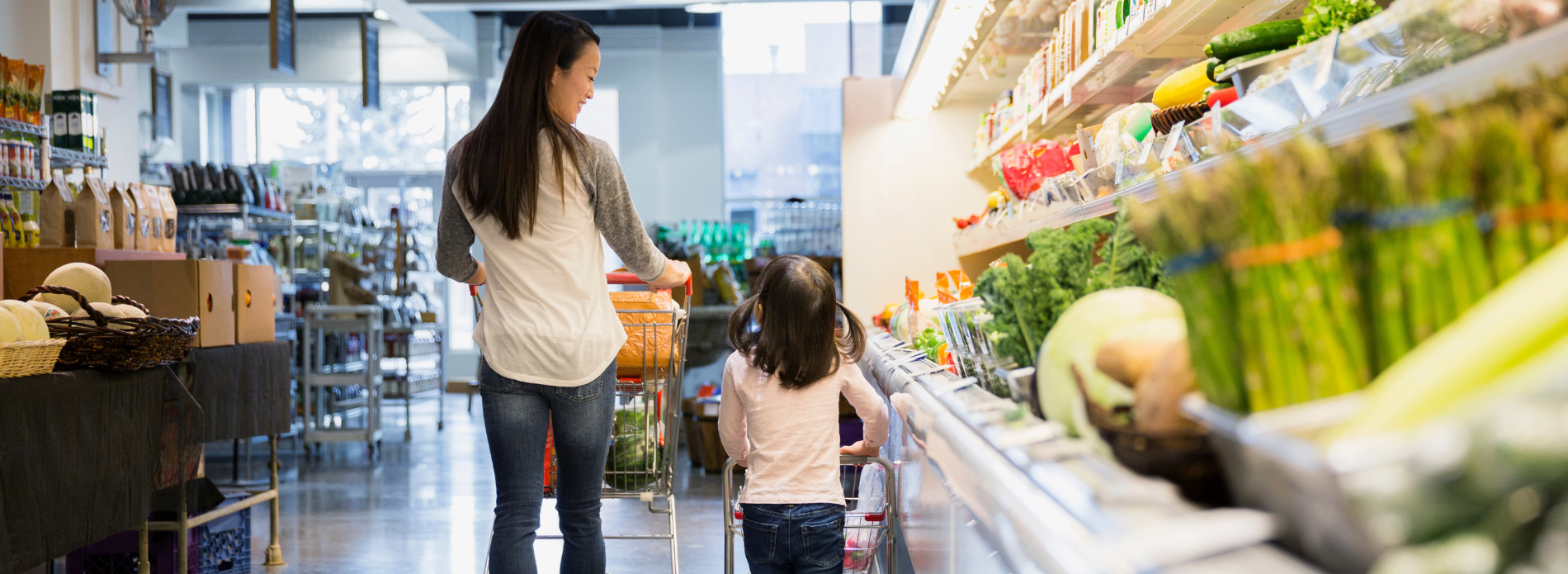How we look after our mental health is an important part of looking after our overall health and wellbeing. And a large part of that includes looking after our dietary intake and trying to have as healthy a relationship with food as possible.
What we eat can have an impact on our mental wellbeing, so knowing what we should be putting into our bodies can help keep us feeling good; in both body and mind.
We explore the link between our diet and our thoughts and feelings, as well as how to remove any notion of ‘bad foods’ and instead develop a healthy relationship with food where there’s no unnecessary labelling.
Vitamins and minerals
When you don’t eat a diet that is full of nutrient-dense foods you may become deficient in vital vitamins and minerals which can leave you with low mood, excessive levels of fatigue and reduced cognitive function.1
To ensure you are getting as many essential vitamins and minerals in your diet, you should look to consume at least five portions of fruit and vegetables each day. Some important vitamins and minerals include:
- Vitamin B6 which is found in spinach, bananas, avocados and chickpeas, and can increase serotonin levels in the body, helping us to feel happier.
- Iron which is found in lean red meat, nuts, dried fruits, leafy greens and tofu.
Eating regularly
Eating regularly is important for focus, mood and cognitive function. If you do not eat regularly your blood sugar may drop leaving you feeling tired, irritable and unable to concentrate.
It is important to eat regularly and choose foods which release energy slowly to keep your blood sugar levels consistent throughout the day. Good foods for this include:
- wholegrains and brown rice,
- oats,
- sweet potatoes,
- rye bread,
- pulses and legumes,
- fruits and vegetables.
Carbohydrates and mood
We’re not saying carbs are bad, as it’s all about balance, however too many refined carbs can affect your mood and health. There are two main types of refined carbs (also called processed carbs): sugars and grains.
These processed carbs can be found in foods such as white rice, pizza, cakes and fruit juices and have essentially been stripped of any nutrients and minerals.
Eating these types of refined carbs can cause rapid rises and falls in blood glucose which can trigger the release of stress hormones2; therefore, leading to a potential lower or negative mood.
Fatty acids
Unsaturated fatty acids play an important role in brain development and function3, without them your brain function would be significantly reduced. They are essential in the diet as our bodies cannot make them on its own and can be found in:
- oily fishes, such as salmon and trout,
- nuts (walnuts and almonds in particular),
- seeds,
- olive oil and sunflower oil.
The gut-brain axis
There is a bi-directional interaction between both the gut and the brain, and it is thought that the trillions of microorganisms in the gut, otherwise known as the gut microbiome, can help to regulate brain function.4
Alterations of the gut microbiome have been found to increase the risk of depression and anxiety; so, it is important to nourish our gut through a diet that is high in fibre and has a diverse range of plant foods.
>Read more about the gut-brain connection
Your relationship with food
You may never have thought of this before, but everyone has a relationship with food, which is defined by your own personal thoughts, feelings and behaviours that are related to diet, weight and health.
Having a poor relationship with food can include having some disordered behaviours and thoughts about food, such as:
- having an overly restrictive diet
- following fad diets regularly
- relying overly on calorie counting
- meal plans and devices to tell you what to eat.
This doesn’t mean you have an eating disorder, but it can put you at higher risk of developing one. A good relationship with food involves giving you unconditional permission to eat, where no foods are off-limits and having no guilt around eating food that you may consider to be ‘less healthy’ or ‘bad’.5
So how do we form a healthy relationship with food? Well, it definitely isn’t something you can get overnight unfortunately, but with a conscious effort it is possible.
Top tips to form a healthier relationship with food
- Drop the long lists of rules around food such as ‘I can’t eat processed foods’, or ‘I must eat no more than X number of calories per day’.
- Eat mindfully and pay attention to hunger cues.
- Eating when you’re hungry and stopping when you’re full most of the time, but understanding that eating because you’re sad, happy, bored or because your friend has offered you some chocolates that look amazing, is absolutely fine!
- Don’t try to ‘exercise off’ calories.
- Don’t label foods as healthy, unhealthy, good or bad etc.
It’s important to look at your dietary intake as a whole and not just as one particular food or meal you might have on a certain day. No one food on its own can counteract your entire intake.
Despite the labels that seem to be attached to certain foods, it’s important to remember to eat what you want, just in moderation. This includes those foods that are not considered to be ‘healthy’ or nutritiously dense.
No foods are forbidden and by giving yourself permission to enjoy eating it can help remove any feelings of guilt and lead to a more positive outlook with food.
References
- Food and mood – The British Dietetic Association
- Food and mood: how do diet and nutrition affect mental wellbeing? – BMJ
- Role of omega-3 fatty acids in brain development and function – Science Direct
- The Gut-Brain Axis: Influence of Microbiota on Mood and Mental Health – The National Library of Medicine
- Mindful eating – Headspace
